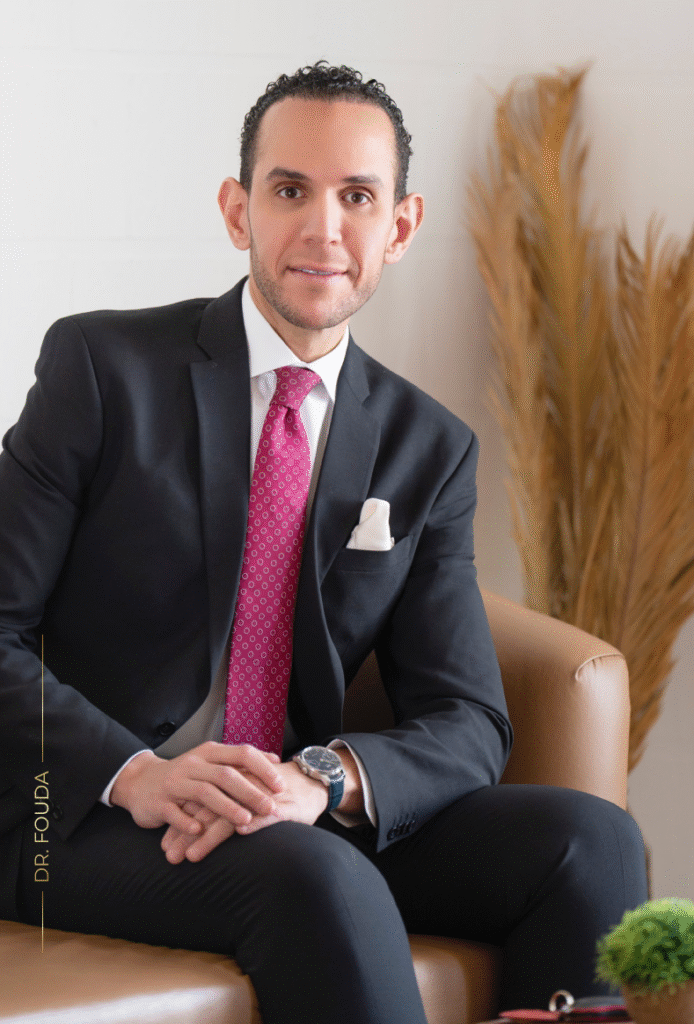Pain Medications
- If you are experiencing pain, please take the prescribed pain relievers as directed by Dr. Fouda Neel. In most cases Acetaminophem (Tylenol) and/or Ibuprofen (Advil) are prescribed around the clock for the 1st 48h (unless instructed differently) plus other analgesics are prescribed on an as needed course.Taking Tylenol regularly as instructed may reduce pain and allow you to require less analgesics.
- Failure to take the prescribed analgesics when experiencing pain may increase blood pressure and may result in increased bruising as well as possible bleeding complications.
- Do not drive or operate any machinery while on analgesics.
Smoking
- Do not smoke, especially two weeks before and after your surgery.( Minimal 4 week total) Smoking will compromise your circulation, lung function and delay healing, which may result in worse scarring or even opening of the incisions.
- Second hand smoke must be avoided as it may have the same adverse effects.
Mobilization After Surgery
- It is important to walk and stay mobile at least three times per day for the duration of the recovery.
- The day after surgery, your bed should only be used for sleeping during the night. Day time should consist of sitting in the upright position and walking as it will help decrease swelling and the chances of developing more serious complications such as clotting in the legs and lungs.
- Walking will also decrease the chances of developing constipation.
- While in the sitting position or during sleep, the operated area should be elevated. This will decrease swelling, pain and the chances of bleeding and infection.
- Heavy lifting and strenuous physical activity is not recommended for at least two weeks after surgery. This may increase blood pressure and lead to increased bruising and bleeding. Heavy lifting may also lead to the opening of incisions which may cause wounds and abnormal scarring.
- Running or jogging within the first two weeks of operation is also not recommended as it may lead to excessive sweating which may increase the chances of skin breakdown and infections.
- Before returning to the gym or any form of strenuous physical activity, please consult with Dr. Fouda Neel.
Diet
- In order to facilitate the healing process, you should consume a healthy, balanced high-protein diet.
Contacting Dr. Fouda Neel
- At any time, you may contact the hospital’s on-call plastic surgery service.
General Abnormal Signs
- Constant bleeding that does not stop after 15 minutes of continuous pressure.
- An increase in pain intensity over time.
- Fevers between 37.5 and 38.5 ºC can be normal up to 3 days after surgery. Persistent fevers and fevers exceeding 39 ºC are considered abnormal.
Any persisting shortness of breath.



